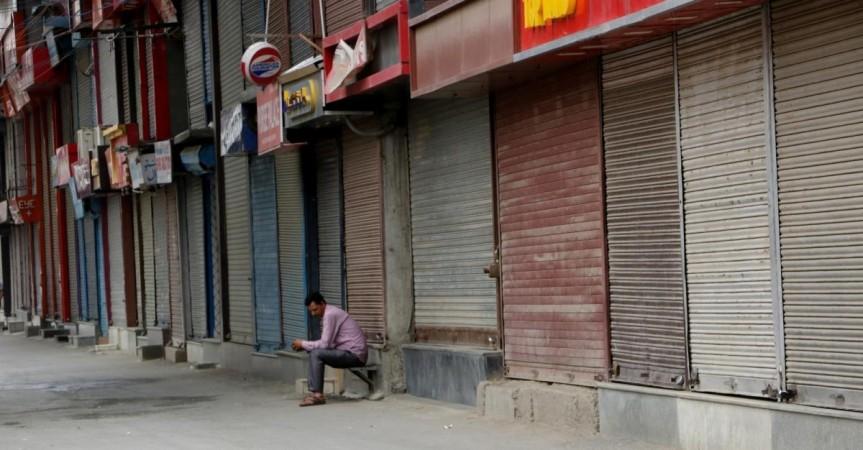Amid rising Covid cases and talks of partial and total localised lockdowns, most of the CEOs in India believe that along with the ongoing vaccination drive, stringent implementation of safety norms should be adopted instead of going for restrictions and partial lockdowns, according to a CII survey.
Around 75 per cent of the 710 CEOs polled were of the view that partial lockdown measures could impact the movement of labour as well as movement of goods, which would affect industrial production significantly. About 60 per cent of the CEOs said that their production could be affected if there are restrictions on movement of labour during these partial lockdowns.

Similarly, 56 per cent of the CEOs expressed their concern over loss of production of up to 50 per cent if there were restrictions on the ecosystem which supports movement of goods. The CEOs polled pertained to both manufacturing and services and 68 per cent of the responding CEOs were from MSMEs.
"Stringent enforcement measures to promote strict adherence to health and safety protocols are essential and any measures to restrict social gatherings should not be extended to regular functioning of industry and commerce" said T.V. Narendran, President Designate of CII.
While the Indian industry is well prepared and equipped for implementation of stricter health and safety protocols as revealed by 96 per cent of the CEOs polled, stringent implementation of safety norms was opined to be better than the option of partial lockdowns by 93 per cent of the CEOs polled.
"Protecting livelihoods along with lives is essential and industry is keen to work with the Government on universal coverage (18 years and above) of vaccination programme and in implementing strict health and safety protocols", said Narendran.
Looking at ways to mitigate the impact of the restrictions, about 67 per cent of the CEOs of those polled expressed their desire to work with the government for mass vaccination of eligible workforce who are 45 years and above.
Stocking raw materials
While 57 per cent of the companies expressed the need to stock raw materials in excess of just-in-time levels to meet any likely shortage of raw materials, about 31 per cent of the industry leaders said that they would accommodate their labour force in the factory in case of movement restrictions due to night curfew.
More than 60 per cent of the CEOs suggested that the government should allow movement of workers in all shifts during night curfews and also free movement of goods along with the required personnel to facilitate the movement of goods. This should be allowed with all workers and industry staff strictly following all health and safety protocols.
"The government handled both lives and livelihoods effectively during the first wave. It could do so again by keeping industrial activities out of the ambit of partial lockdowns aimed at restricting social gatherings. This will help India recover from the economic contraction and stabilize the upward growth trends being currently witnessed in several sectors," said Narendran.









